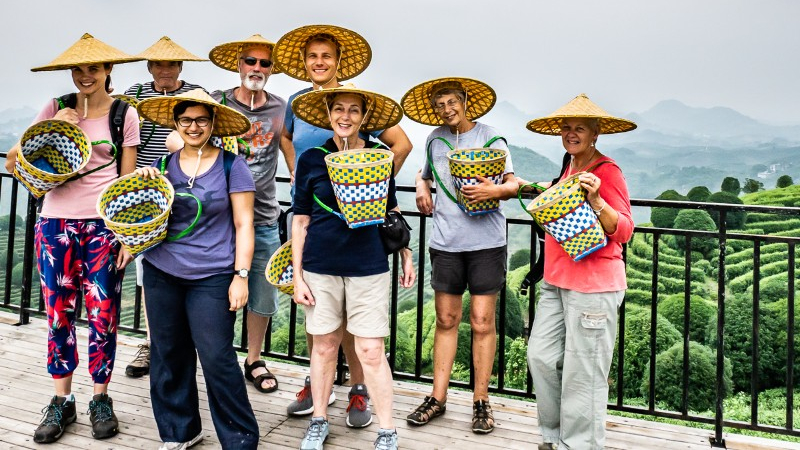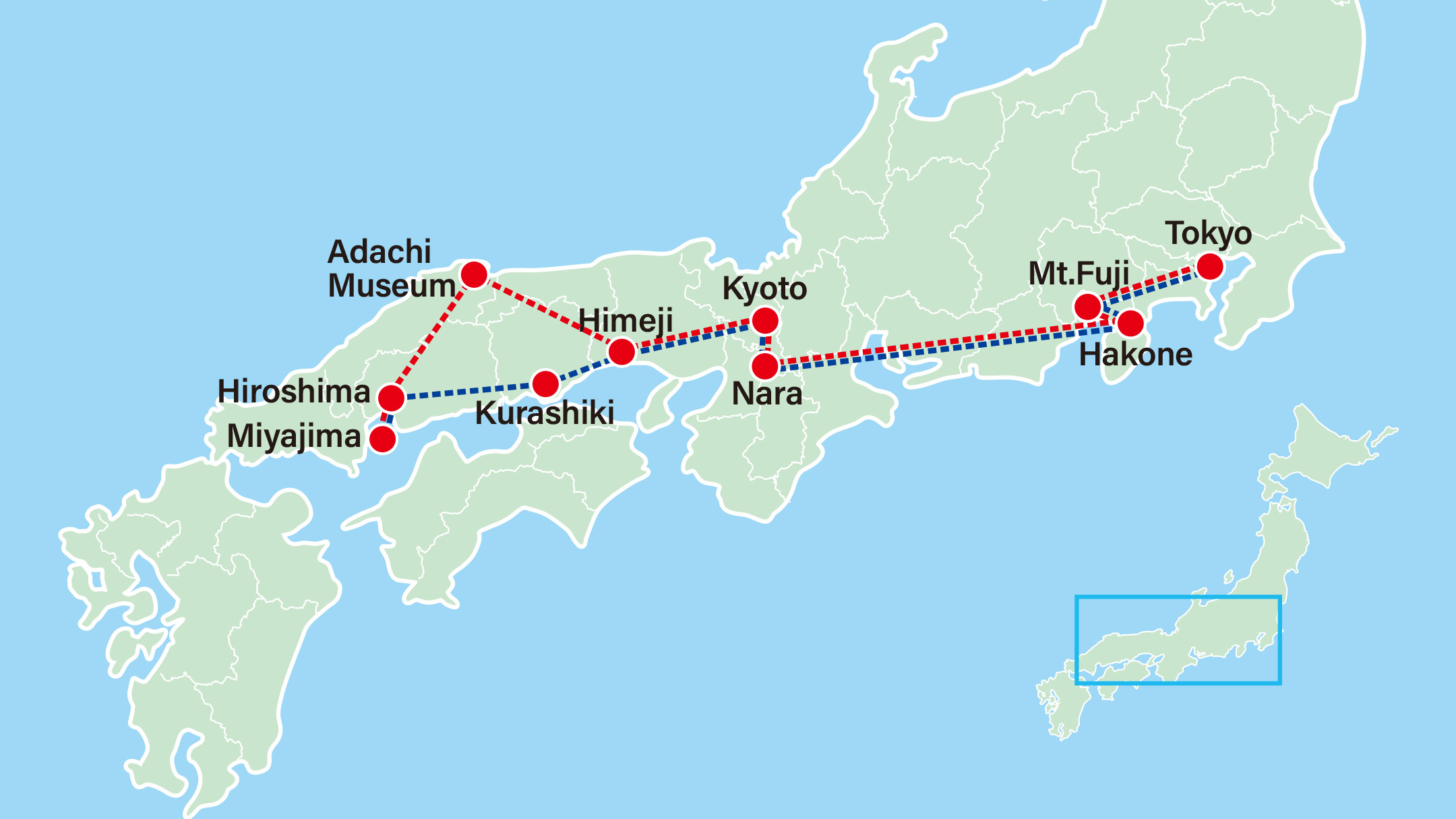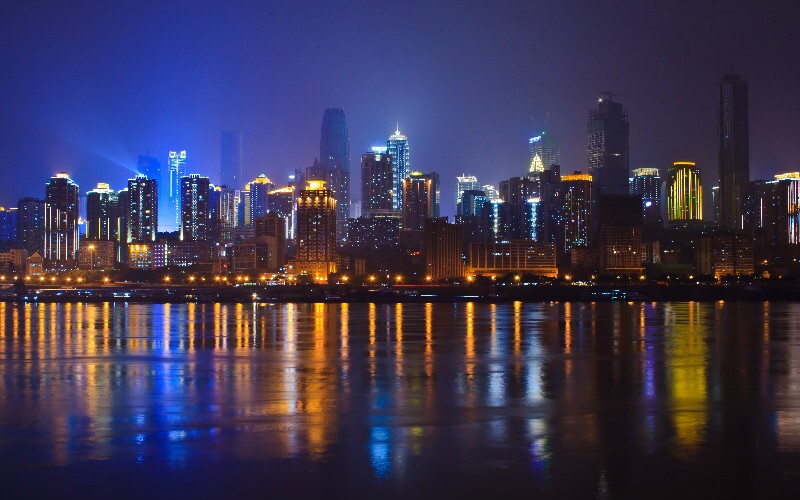Exploring the Rich Culture of Breakfast in Wuhan
Having Breakfast Near the Streets
Wuhan citizens have a rich culture of having breakfast in restaurants near the streets. Sometimes they would sit on smaller chairs placed right on the street. Unique street breakfast culture is one of the most appealing features of a Wuhan tour. The locals even have a slogan “go to Wuhan for breakfast”, pronounced with the Wuhan dialect as “ke wu han guo zao”. After having a typical Wuhan breakfast, many would describe the feeling in their stomach as “xu fu”, meaning comfortable. Traditional Wuhan breakfast experience truly lets one experience the local culture.

Hot Dry Noodles - The Favorite Breakfast Food
Out of all the classic foods for breakfast in Wuhan, Hot dry noodles is arguably the most popular option. As mentioned in the Wikipedia article, it is a signature dish originated from Wuhan. The noodles are cooked and dressed with ingredients like sesame paste and chili oil without broth. Famous Wuhan breakfast noodles is lightweight yet fulfilling, making it perfect to start the day.
Safety and Friendliness in Medium-Sized Chinese Cities
A Sense of Safety Day and Night
As a British citizen visiting Zhuhai in 2008, I was surprised by the high level of safety even when walking alone at night. Locals were always friendly and willing to help. Safe travel experience in China was unlike what I expected from stories in Western media.
People are Generally Helpful
At immigration, officials were polite and efficient unlike in countries like the US. Throughout my stay, if anyone approached it was to offer assistance rather than harm. Friendly local people contributed to an overall comfortable feeling.
Local Attitudes Towards Foreigners
Preference for Westerners
Whether due to politeness or ideology, locals seemed to hold white Western foreigners in higher regard. We were often treated better and paid more than local counterparts or other ethnicities. However, this deference was not universal as locals did not hold the same views towards all foreigners such as Filipinos.
Desire for International Brands
Locals aspired to own quality products from reputable foreign brands. German and Japanese cars were especially desirable, as long as they were not Chinese-assembled. iPhones were also popular but purchased overseas if possible to avoidMade-in-China stigma. Local brand preferences revealed attitudes towards homegrown vs international.
Poverty Remains an Issue
Living Conditions Can Be Basic
Spending more time in the country, it became clear many citizens still struggled financially. Even white-collar workers like nurses lived with standards I had never experienced. Realities of poverty in China were hidden beneath developing cityscapes.
Comparing Nanjing and Wuhan
Both Are Important Economic Hubs
As the capitals of Jiangsu and Hubei provinces respectively, Nanjing and Wuhan have large populations and contribute significantly to regional economies. In scale they are close to first-tier cities.
Differences in Culture and Infrastructure
However, Nanjing’s history as an ancient capital contrasts Wuhan’s role as a modern transportation hub. Infrastructure and cultural attractions also vary - Nanjing has well-preserved historical sites while Wuhan emphasizes science and technology. Overall both provide a taste of tier-one living at a lower cost.
Takeaways from Visiting Medium-Sized Cities
Witnessing China’s Regional Diversity
Visiting Zhuhai, Nanjing or Wuhan revealed differences from massive first-tier metropolitan areas. Each locale offered a unique cultural experience shaped by their distinctive development paths.
Appreciating Progress and Challenges
It became clear China had advanced rapidly but pockets of underdevelopment remained. Successful modernization coexisted with traditional rural lifestyles and poverty in some places. Grasping this nuance aided understanding of the nation.
Changing Perceptions of China
Interacting with welcoming locals challenged preconceptions. Observing pragmatic attitudes towards quality of life issues gave insights into mindsets. Overall these journeys presented a fuller, more positive view of contemporary Chinese society.

 The Ultimate Japan Trip Guide: Tokyo, Kyoto, Hiroshima and Beyond
The Ultimate Japan Trip Guide: Tokyo, Kyoto, Hiroshima and Beyond